WARNING: Above video may be disturbing to some viewers. Discretion is strongly advised

ABOVE: Video of Justin Bourque’s interrogation released
MONCTON – A judge has ruled in favour of a media application to release exhibits entered into evidence at the sentencing hearing of Justin Bourque in the killing of three RCMP officers in Moncton.
News media organizations including Global News had applied to see the evidence in order to examine a number of questions and issues in the public interest, including what might have motivated Bourque and what can be learned from the events to prevent another tragedy. There are also questions about whether police training and equipment were adequate under the circumstances.
In his ruling, which is dated on Thursday, Chief Justice David Smith of the Court of Queen’s Bench said the Crown’s case opposing the release did not meet the Dagenais-Mentuck test, which requires the parties opposing the release of material prove the need for a ban outweighs the rights of the public to see it.
READ MORE: Justin Bourque to serve 75 years before parole eligibility for RCMP killings
“Canadian courts, as a general rule, are open and transparent,” wrote Smith. “The open court principle is important in that it allows the public to go behind court decisions to see what further determined or influenced its decision; in other words, why the court decided what it did.”
BELOW: A Crown presentation from Justin Bourque’s sentencing hearing.
Global News has edited portions of this presentation to remove graphic content.
The exhibits included a videotaped confession Bourque gave to police. He pleaded guilty to three counts of first-degree murder and two counts of attempted murder in the June 4 shooting rampage that killed constables Dave Ross, Fabrice Gevaudan and Doug Larche, and injured constables Eric Dubois and Darlene Goguen.
VIDEO: Radio transmission and surveillance video from RCMP shooting in Moncton released
The Crown opposed the release of the exhibits, arguing families of the RCMP officers shot by Bourque as well as others in Moncton would be traumatized if some exhibits entered as evidence were released to the public.

Get daily National news
Crown lawyer Cameron Gunn said at the time he was concerned that if Bourque’s police interview were to be released, it would be on the Internet forever. He could not immediately be reached for comment on Friday.
David Lutz, Bourque’s defence lawyer, also opposed the release of the exhibits. He declined comment on the judgment.
The Crown had presented the court with affidavits from a psychologist and an RCMP officer who has spoken with the wives of the three slain officers. The affidavits said releasing all the exhibits to the media would not be in the best interests of the families of the victims.
READ MORE: The power of social media: How citizen reporting may impede active police investigations
But Smith said the affidavits presented by the Crown were hearsay and did not specify who would be damaged by releasing the evidence.
“There is no question that the release of all the exhibits may exacerbate some psychological damage on individuals caused by these terrible crimes but these are personal interests,” Smith wrote.
BELOW: Recently-released pictures entered into evidence at the sentencing hearing of Justin Bourque.
Lutz told the court he was also concerned about his client’s police interview having a permanent presence online if it were released.
Smith said the video Bourque gave to police was done willingly and he knew it was being recorded.
“There is no evidence submitted by the Crown or counsel for the defence which would demonstrate that it is in the interest of the administration of justice to ban the video of the offender’s confession or to ban the exhibits listed,” he wrote.
WATCH: A judge has released the evidence presented at the sentencing hearing for Justin Bourque, who was convicted of killing three Moncton RCMP officers in June. Ross Lord has the details.
David Coles, the lawyer representing the media, argued in court that the public has a right to see and hear the evidence used to sentence Bourque to life in prison without parole eligibility for 75 years – the harshest sentence since the last state-sanctioned execution in 1962.
Coles said Friday that the decision by Smith “reaffirms the critical importance of both the open court principle and … recognition of the fact that not everybody can attend court to see exhibits and evidence.”
“It recognizes that meaningful access means that they have to be copied so the person in Winnipeg or the person in Calgary can, through the media, themselves see and hear exhibit evidence and enable them to evaluate the propriety of the ultimate (court) decision,” he added.
Read the full decision:

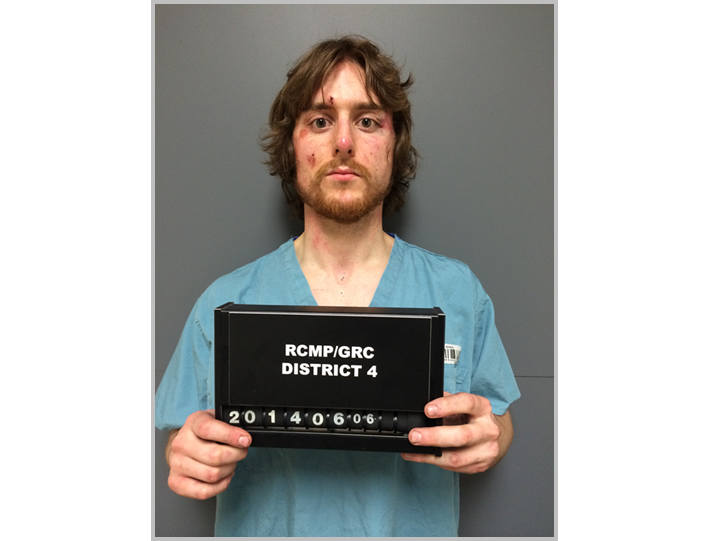

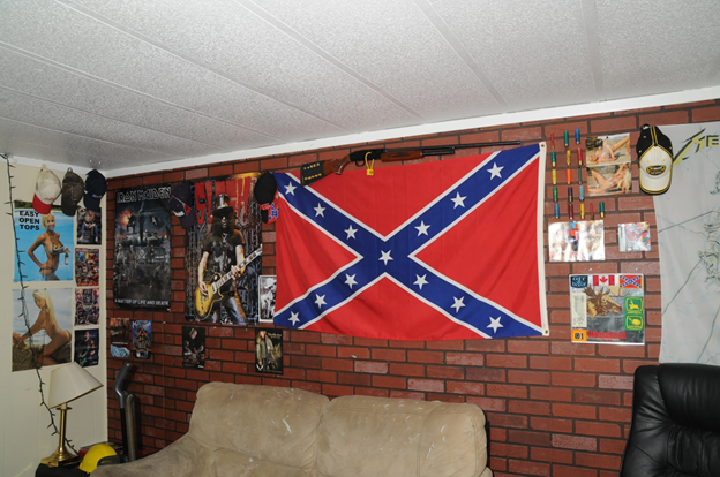

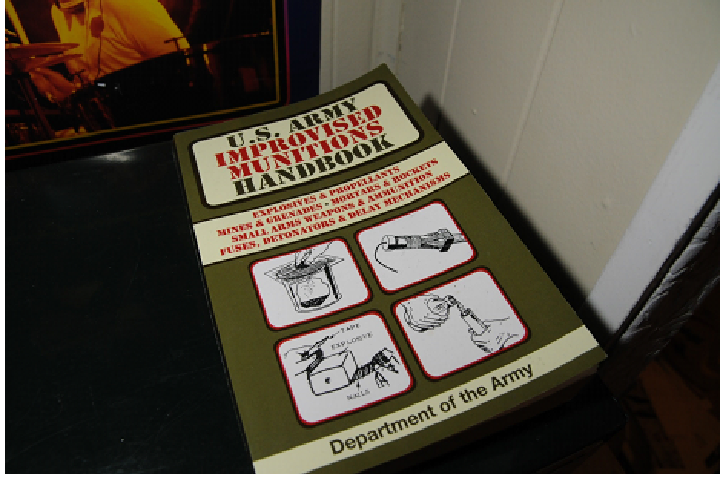

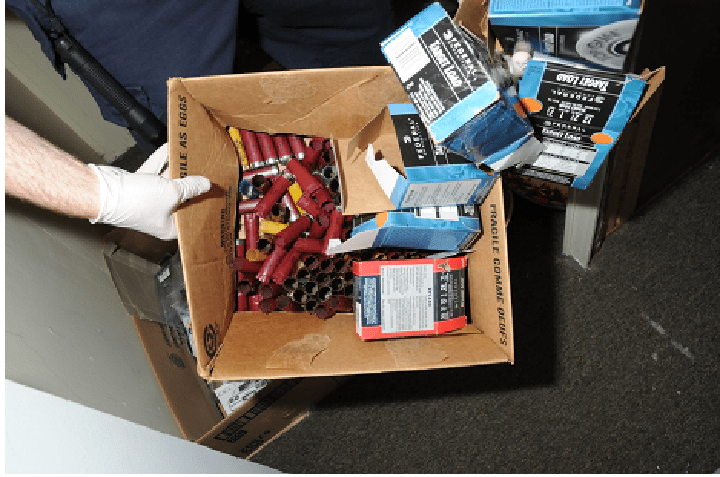

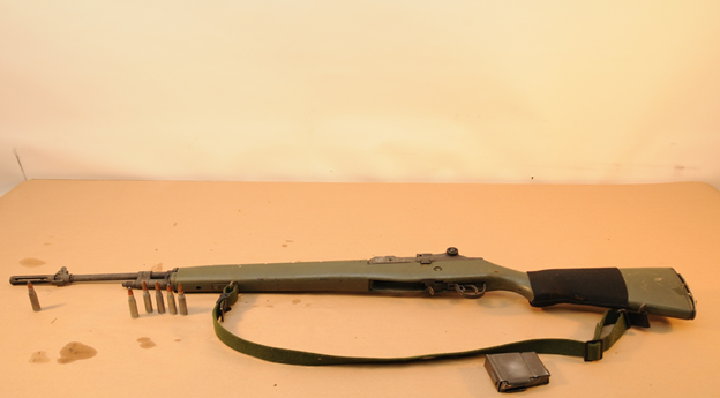

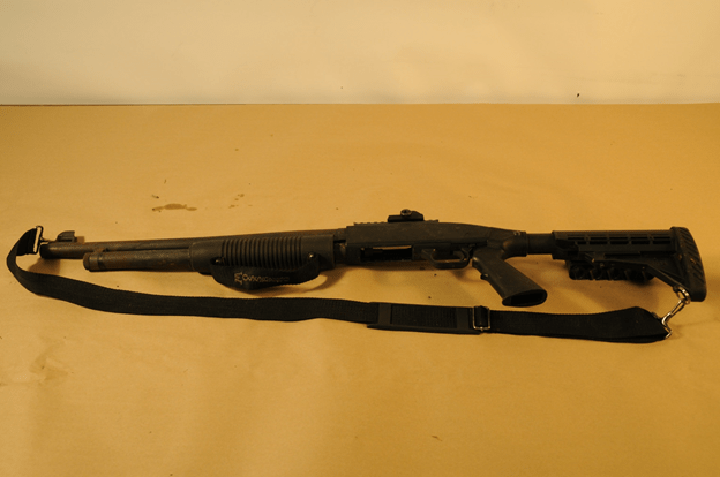

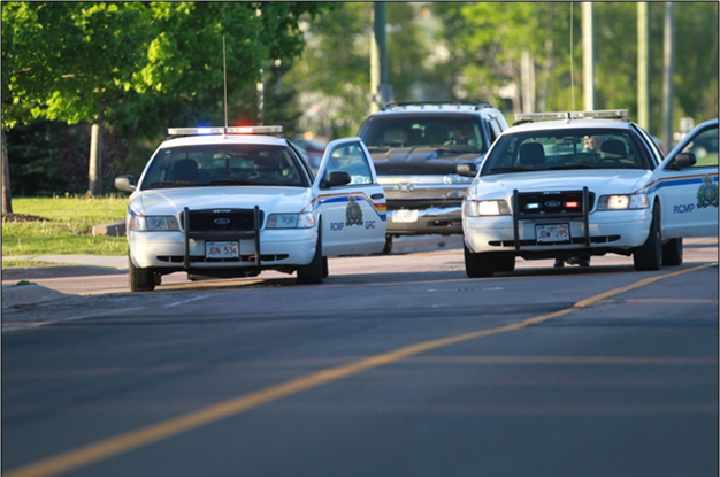

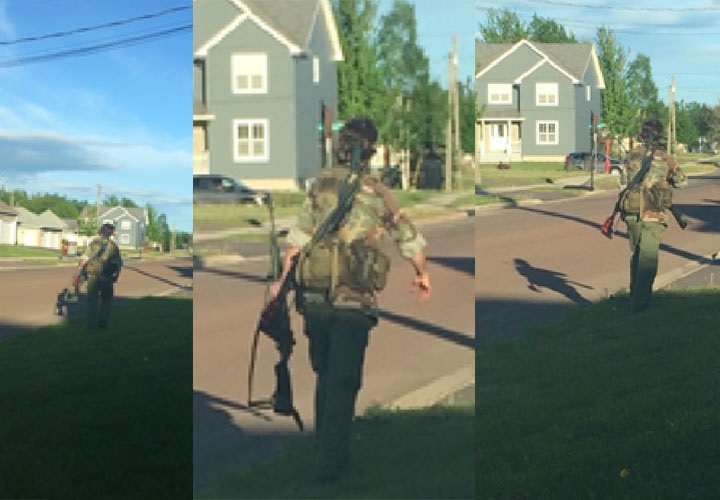


Comments